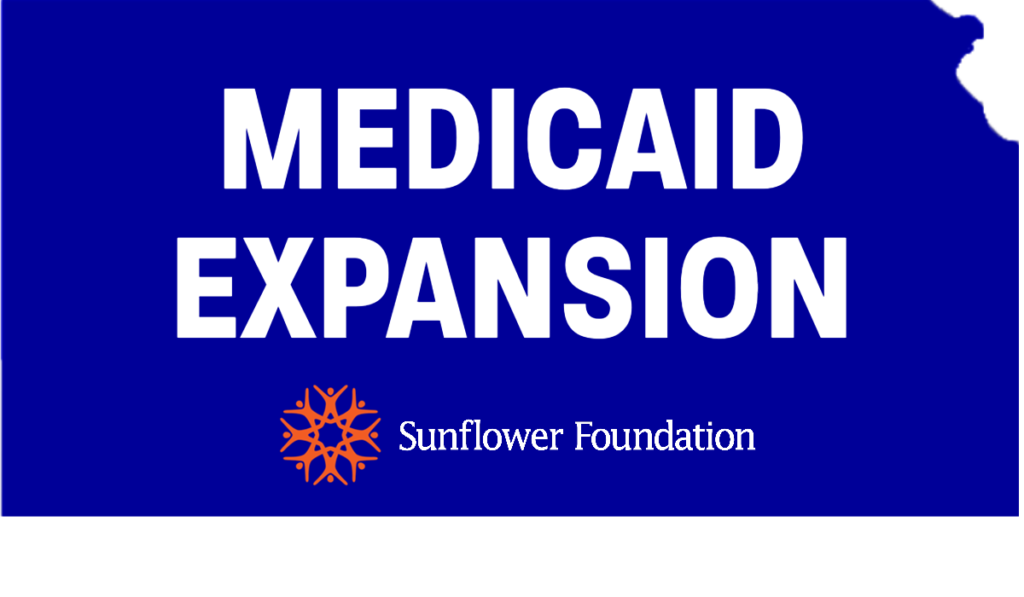
We also support the ongoing work of the Kansas Legislature to bolster access to mental health services, substance use disorder treatment, crisis response through the 988 Suicide & Crisis Hotline, and primary care.
These shared priorities are critical to the health and long-term economic stability of our state.
Sunflower Foundation is all too familiar with the mental health needs that exist across Kansas and the workforce challenges that plague our health care delivery systems, be it mental health centers, rural health clinics, community health centers, hospitals, or specialty clinics.
Our neighbors in rural communities have long understood these issues. Hospitals oftentimes are the largest employers in rural counties. Over the years, we have seen ever-increasing amounts of local tax dollars in these counties allocated to keep local hospitals operational and able to fulfill their roles as providers of critical health services and economic anchors.
“As important as hospitals are to small communities, so too are small businesses,” said Billie Hall, president and CEO of Sunflower Foundation. “For most rural communities, small businesses are the cornerstone of a diverse economy. But, as we look to Kansas’ economic future, it is important to remember that robust services and quality products do not come from states with a sick and shrinking workforce.”
While Medicaid expansion ultimately must be a Kansas-designed solution, our state is too small to go it alone when it comes to funding all that is required to meet our critical health care needs. We need financial partners in this work. The federal government’s cost-sharing plan, provided to states that expand Medicaid, ensures that for every extra dollar Kansas spends on Medicaid expansion, the federal government will cover 90 cents of the cost.
Kansas, like every state, has a host of critical priorities. The federal government’s Medicaid expansion cost-sharing plan, financed with dollars that Kansas taxpayers send to Washington D.C., would allow the state to begin meeting some of these serious health care needs while leaving additional dollars for other priority issues.
We are confident that a solution exists that can, and will, meet the needs of all stakeholders.

